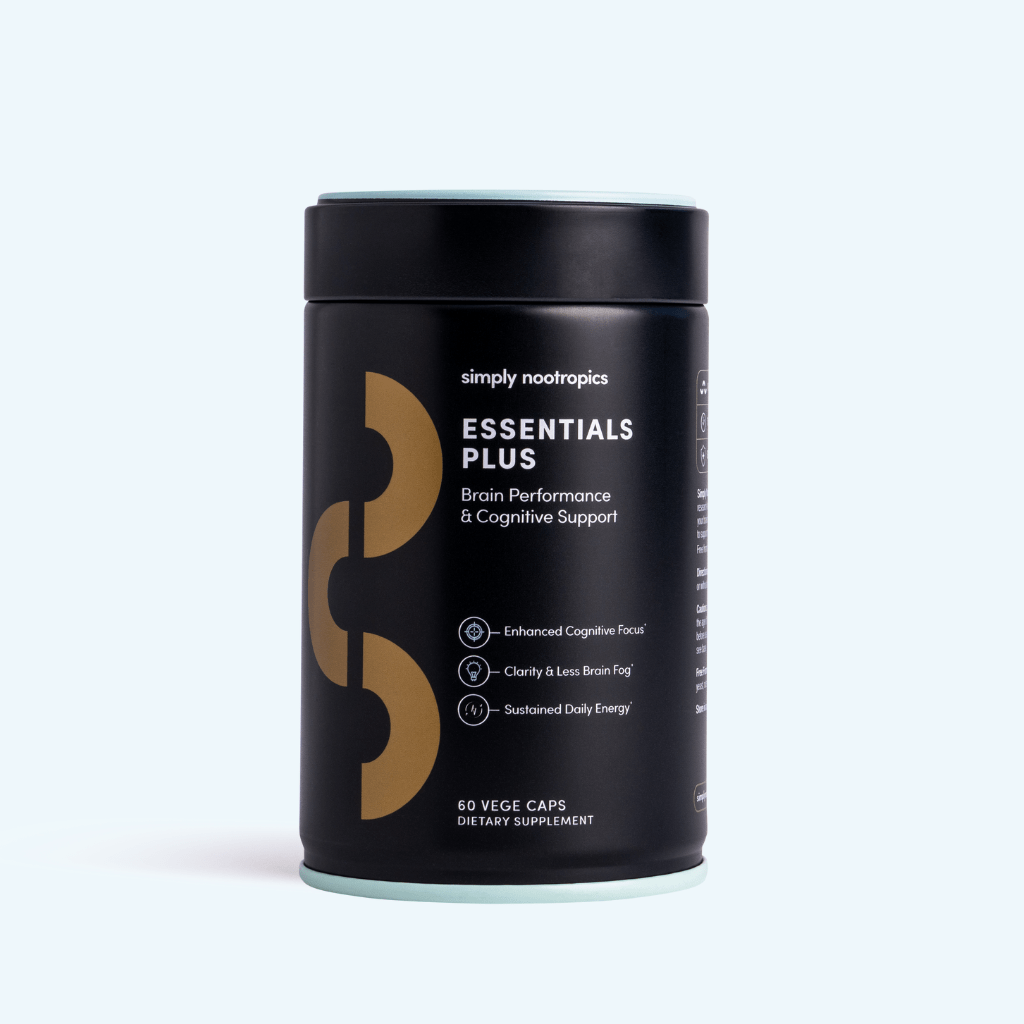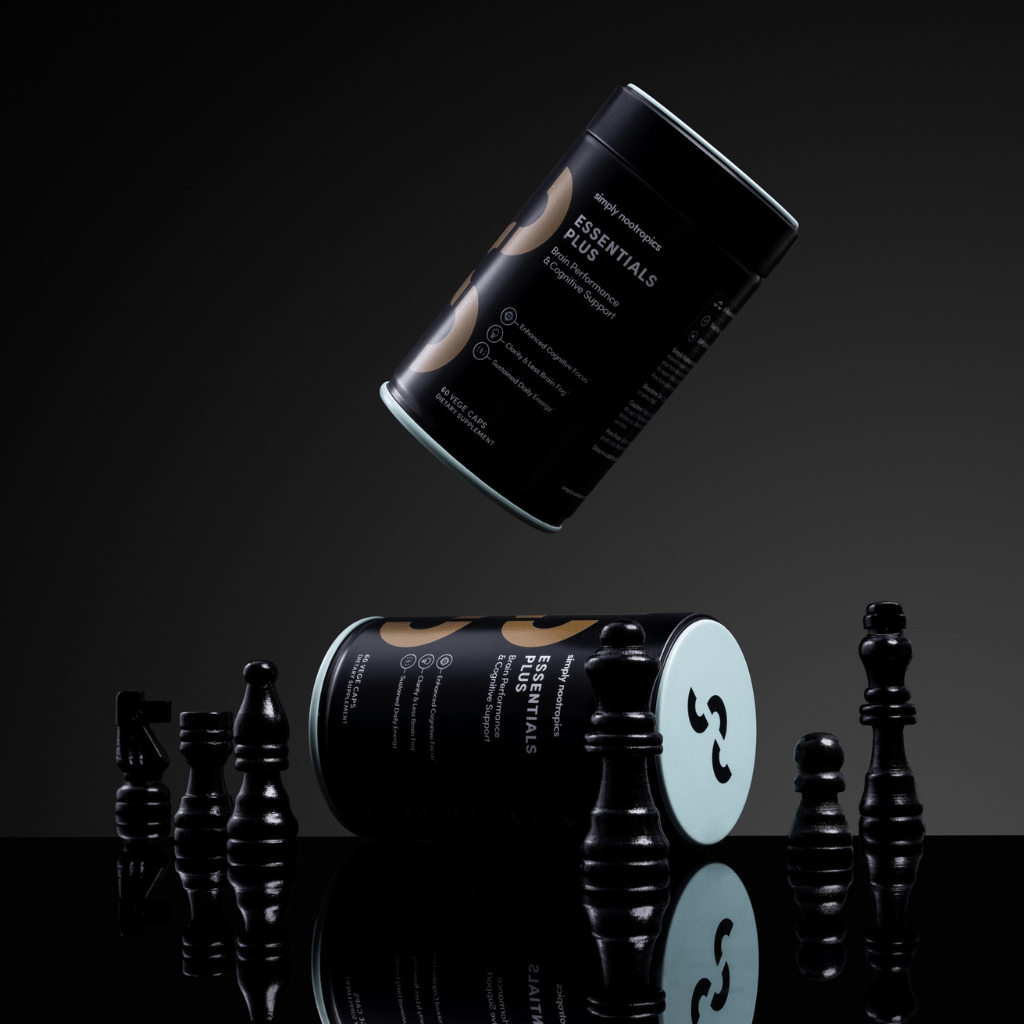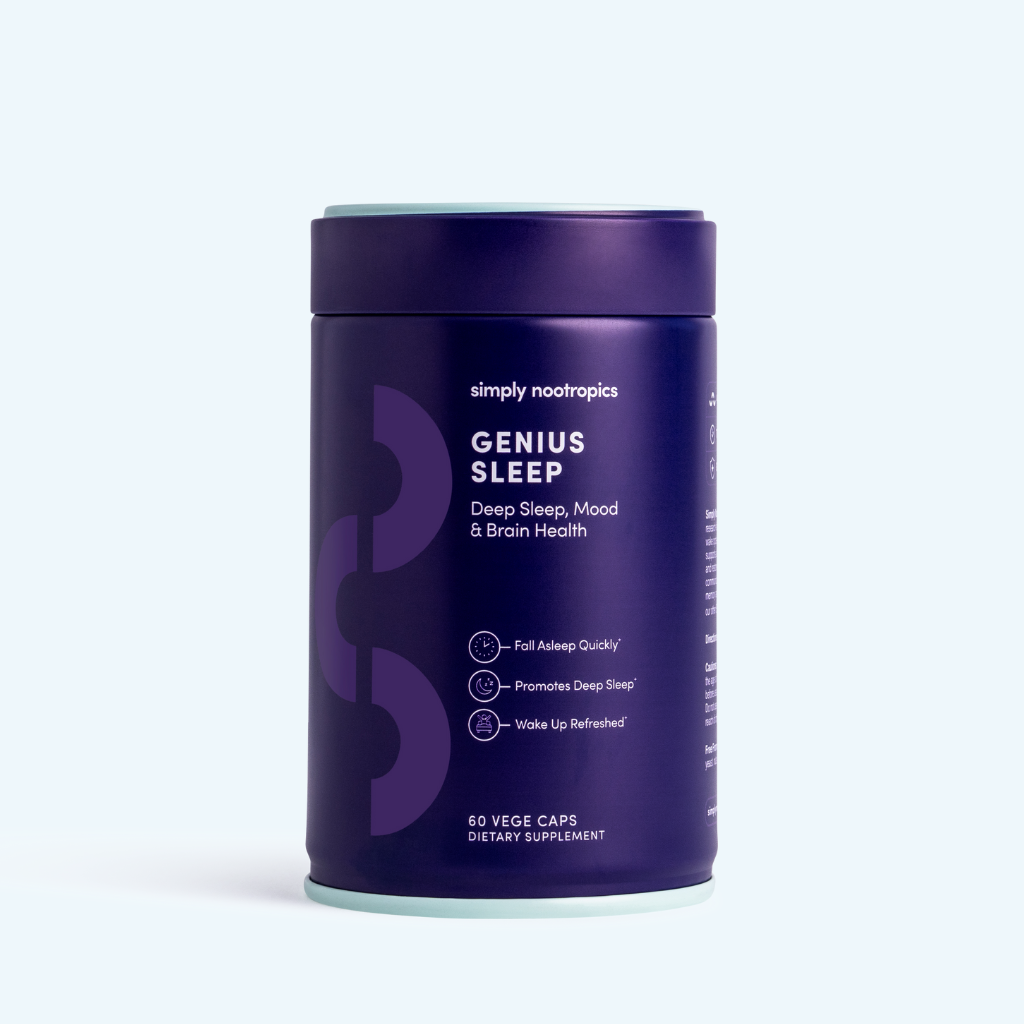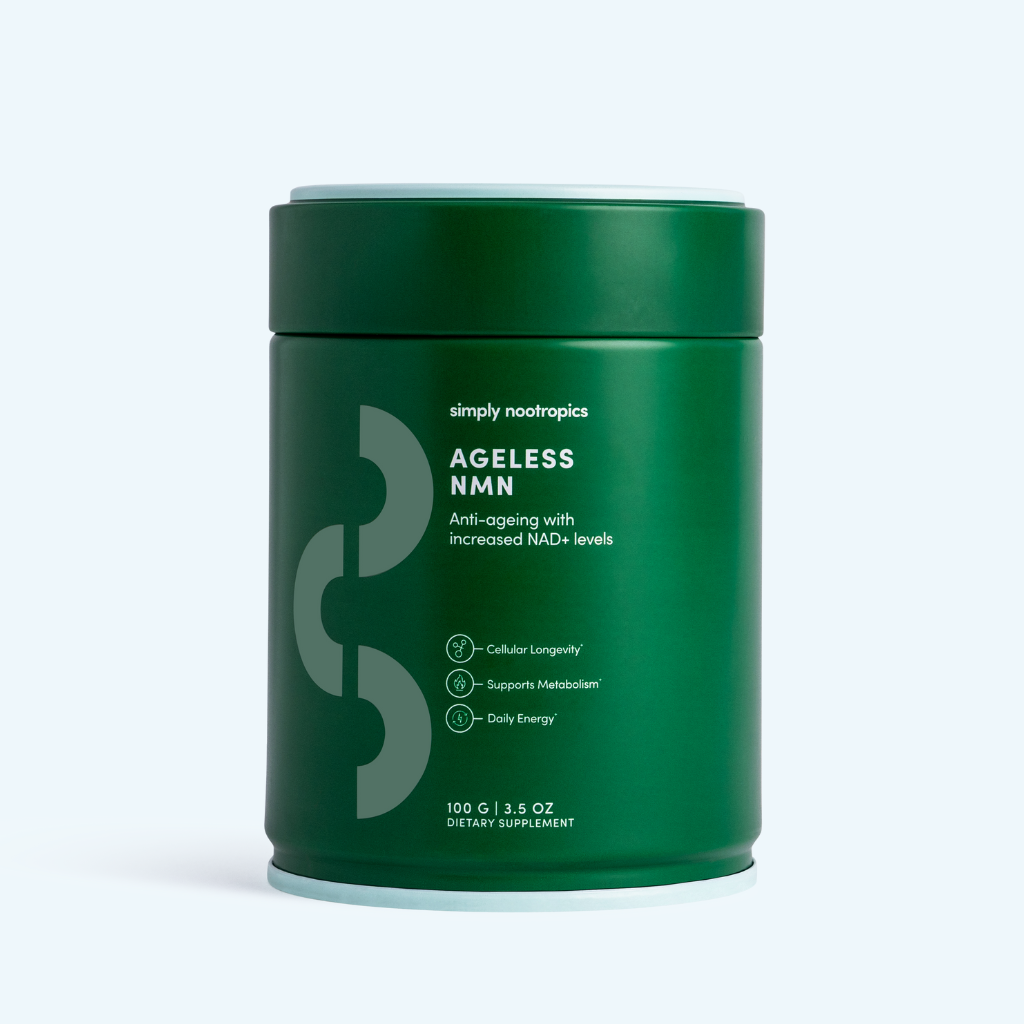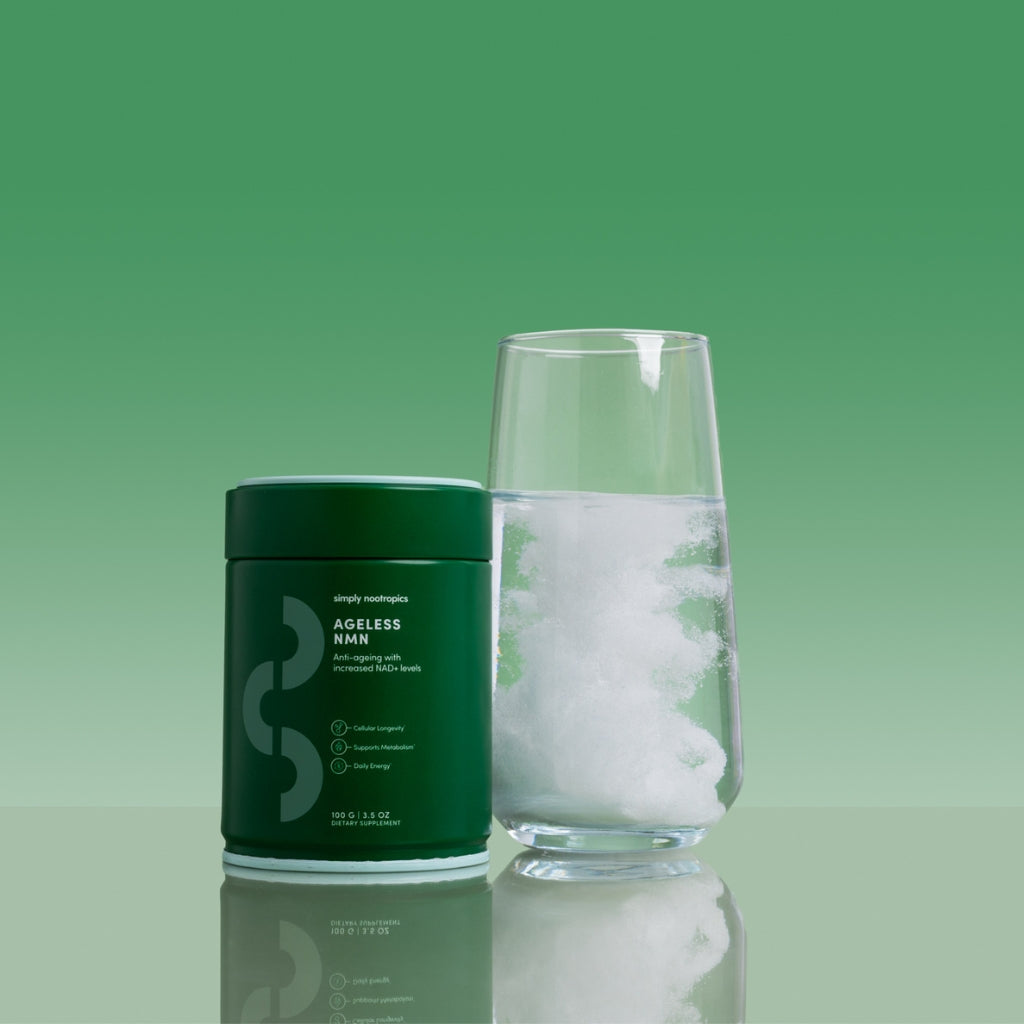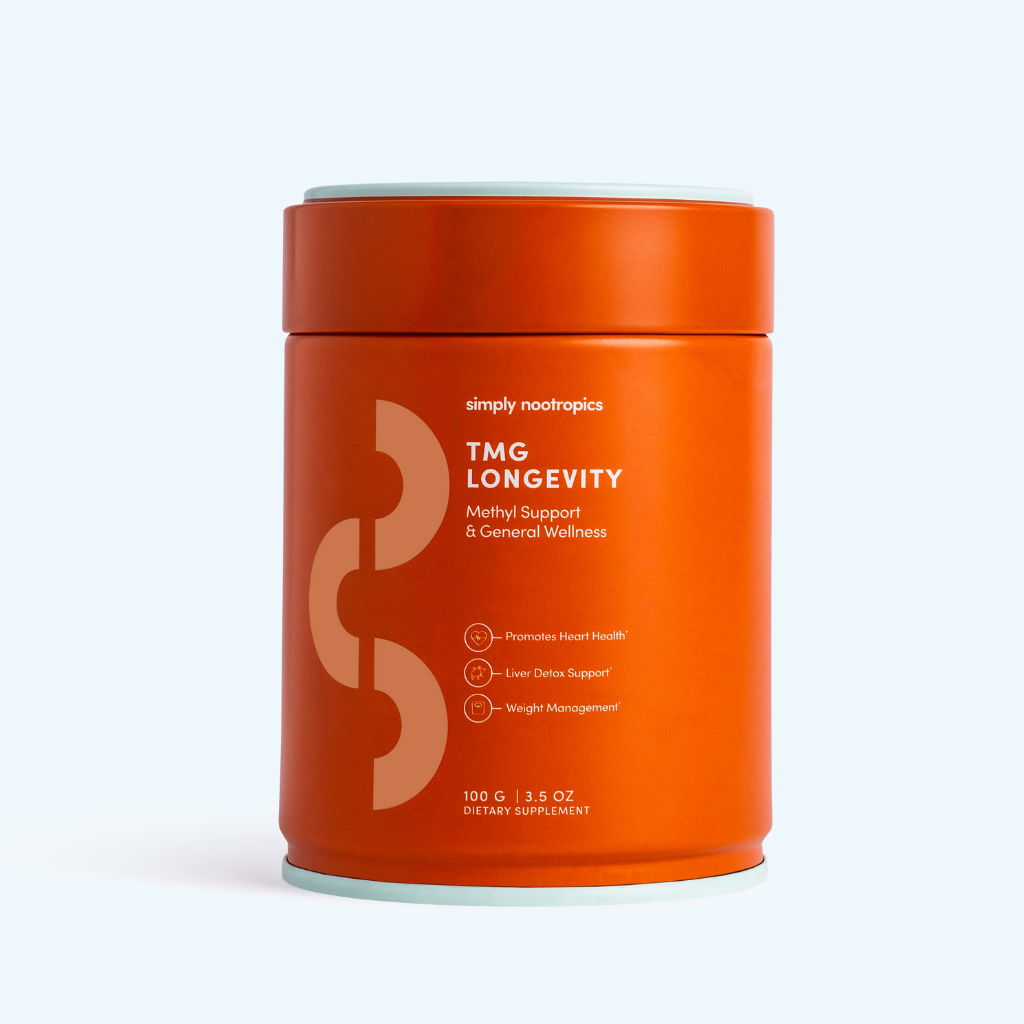In recent years, there has been a remarkable increase of interest in ancient wellness practices, as people seek holistic solutions to modern-day health challenges. While you might (kind of rightly) laugh at the thought of a gladiator giving medical advice in Ancient Rome, there's a thing or two we can learn from their ancient remedies. After all, some of them survived the Colosseum.
People all throughout the world are adopting age-old customs in their pursuit of wellbeing, from yoga retreats in the Himalayas to mindfulness classes in metropolitan areas. This increased interest not only highlights the shortcomings of traditional medicine but also demonstrates how ancient techniques could add value in today’s world.
The holistic approach to health has very ancient roots, dating back to ancient India, China, and Greece, where healers viewed the individual as a complex system of parts collaborating with each other. Our organs are way more than cogs in a machine, after all: we are complex systems in which each component is essential to the whole.
The ancients, who developed therapies like Ayurveda, traditional Chinese Medicine, and Greek Hippocratic Medicine, knew this well. These ancient wellness practices were founded on the idea that treating symptoms alone is not enough. Rather, one must address the fundamental imbalances that cause the illness.
Ayurveda (India)
Known as the "science of life," Ayurveda is a traditional Indian medical system that has been practised for thousands of years. This old medicine includes many practices, such as yoga, meditation, and herbal medicine. Yoga, for example, is a holistic approach to body, mind, and spirit harmonisation in addition to being a type of exercise. Another essential element of Ayurveda is meditation, which fosters spiritual development, emotional equilibrium, and mental clarity. Part of Ayurveda’s wellness practices consists in treating a variety of illnesses with herbal treatments, which are usually made from plants and other natural materials.
Ayurveda has been more well-known in the West in recent years as more individuals look for holistic alternatives to traditional medicine. Modern holistic health techniques are considering Ayurvedic medicines and wellness practices, like herbal supplements, dietary alterations, and lifestyle adjustments based on individual constitution (prakriti). For instance, turmeric, a typical Ayurvedic herb with anti-inflammatory qualities, has become well-known for its possible health advantages, which include joint health support and inflammation reduction.
Traditional Chinese Medicine (China)
China has been using Traditional Chinese Medicine (TCM), a complete healthcare system, for more than two millennia. That in itself should mean that it's doing something right! The idea of harmony and balance is fundamental to this old medicine, which focuses on the interaction of yin and yang energies and the movement of qi, or life force, throughout the body.
Together with food treatment, herbal medicine, acupuncture, and qigong, a mild exercise regimen that integrates breathing, movement, and meditation to enhance health and longevity, are all included in TCM. Another pillar of TCM is herbal medicine, which makes extensive use of plant-based medicines to treat a wide range of illnesses and promote general health. The wellness practices promoted by TCM have become more popular and accepted in Western nations in recent years, with acupuncture clinics and herbal dispensaries becoming more and more common.
Unani Medicine (Middle East)
Unani medicine, sometimes referred to as Greco-Arabic medicine, is a conventional medical practice that has its roots in ancient Persia and Greece. Scholars in the Islamic world have since extended and improved upon this old medicine. The idea that the four humours—blood, phlegm, yellow bile, and black bile—control the body's physiological and psychological processes lies at the core of Unani medicine. When the humours are in harmony, health is maintained; however, if one or more humours are imbalanced or excessive, it can lead to illness.
Herbal treatments, dietary recommendations, cupping therapy, and lifestyle adjustments are just a few of the ancient remedies that are incorporated within Unani healing practices. This old medicine is still widely used in modern wellness practices, especially in areas where it has historical origins. Its focus on holistic approaches to health, individualised care, and natural therapies appeals to contemporary customers looking for alternatives to traditional medicine. Unani Medicine offers insightful perspectives and practical methods that can enhance contemporary wellness regimens and promote general health and well-being as interest in integrative and holistic healthcare rises.
What About Now?
What we can get from all of these ancient wellness practices is that humans might have gotten some things right in history. Knowledge of useful herbs, meditation, acupuncture… Through millennia of trial and error, humans have gained insights into the natural world and its potential to heal and nurture.
Herbal treatments and plant-based nutrition for therapeutic and preventive purposes can be true game changers, particularly given the growth in chronic diseases and the shortcomings of traditional medicine. For a very long time, ancient societies have crafted insightful wellness practices and acknowledged the therapeutic properties of foods and plants, using them to maintain health, fend against illness, and bring the body's equilibrium back. So, why shouldn’t we do the same?
Using adaptogenic herbs like ginseng and ashwagandha is one fascinating part of this old wisdom. These herbs have been prized for ages because of their well-known capacity to support general vitality and assist the body in adjusting to stress. Similarly, the interest in functional foods and superfoods points to a return of the ancestral knowledge of nutrition and wellness practices. Among other things, chia seeds, spirulina, and turmeric have become more well-known due to their possible health advantages.
But that’s not all. Thanks to advancements in current research, new supplements have emerged that replicate the benefits of ancient dietary practices and ancient remedies. One of these supplements is the Essentials formula from Simply Nootropics, a combination of organic substances known to improve cognitive function. Adaptogenic herbs, important vitamins, and other nutrients with scientific backing are all included in this combination in order to promote brain health, memory, focus, mental energy, and sleep quality.
Drawing inspiration from ancient wisdom, delve into the realm of wellness practices with Simply Nootropics, where nature's remedies await. Try the Essentials today to experience the synergy of ancient wisdom and modern science and, and to give your brain a real "eureka" moment!


